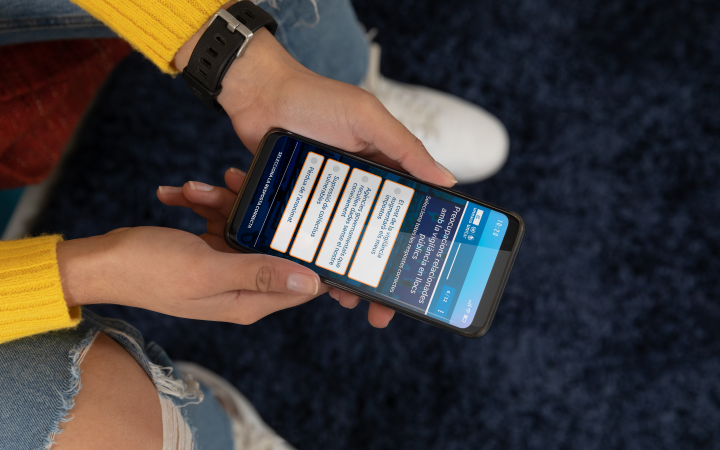Hiroshima, Japan -The free online microlearning course "Defending Human Rights in the Age of Artificial Intelligence" has been translated into an additional 20 languages, expanding access to communities across the globe.
The translation project was launched through a partnership among UNITAR, UNESCO and SALTO Participation & Information Resource Centre (SALTO-PI). The project invited young people to translate the human rights and AI course into their native languages. Speakers of all languages were welcome to take part to support youth, multilingualism and linguistic diversity. The project also acknowledged the European Year of Youth 2022 and the European Day of Languages in September 2022.
The course was originally released in five languages: English, French, Spanish, Chinese and Russian. The translation project aimed to make the course available in many languages, and translations have now been completed into Albanian, Arabic, Azerbaijani, Bosnian, Bulgarian, Catalan, Croatian, Estonian, German, Greek, Hindi, Hungarian, Italian, Kazakh, Montenegrin, Polish, Portuguese, Serbian, Turkish and Ukrainian.
Purpose
The translation project aims to increase awareness of the ethical considerations when discussing the future of AI and hopes to empower many individuals to participate in these discussions.
Everyone has the right to freedom of expression in a language of their choice - on the Internet and in the public domain. This freedom is enshrined in international human rights instruments, including the Universal Declaration of Human Rights, and emphasized in the UNESCO Recommendation Concerning the Promotion and Use of Multilingualism and Access to Cyberspace (2003). Multilingualism creates a way for ideas and innovation to flow across diverse cultures.
UNITAR, UNESCO and SALTO-PI believe that knowledge should be made accessible to the widest possible audience. Making this microlearning course available in many languages allows the inclusion of more people from a variety of contexts. This helps create an inclusive global community with more shared opportunities and contributes to the fulfilment of human rights and Sustainable Development Goals.







